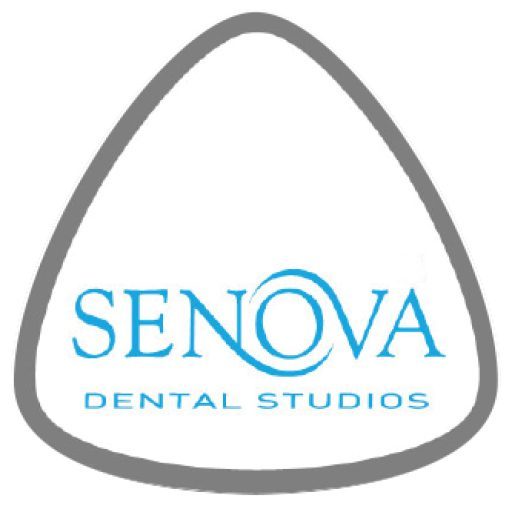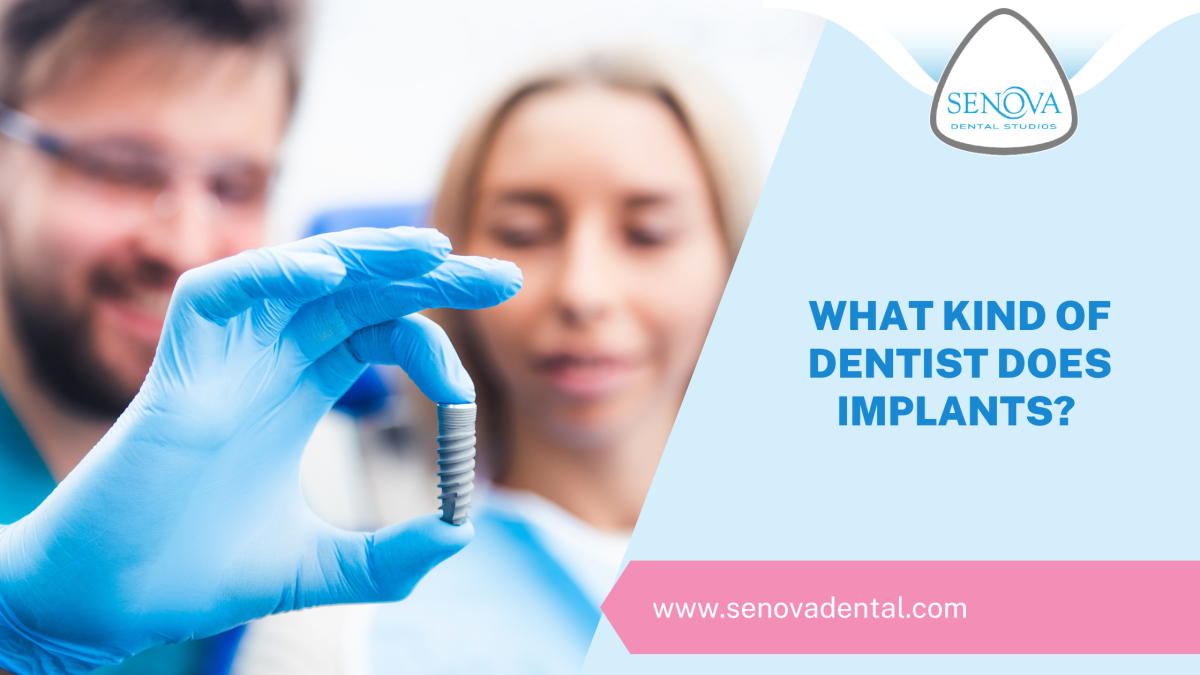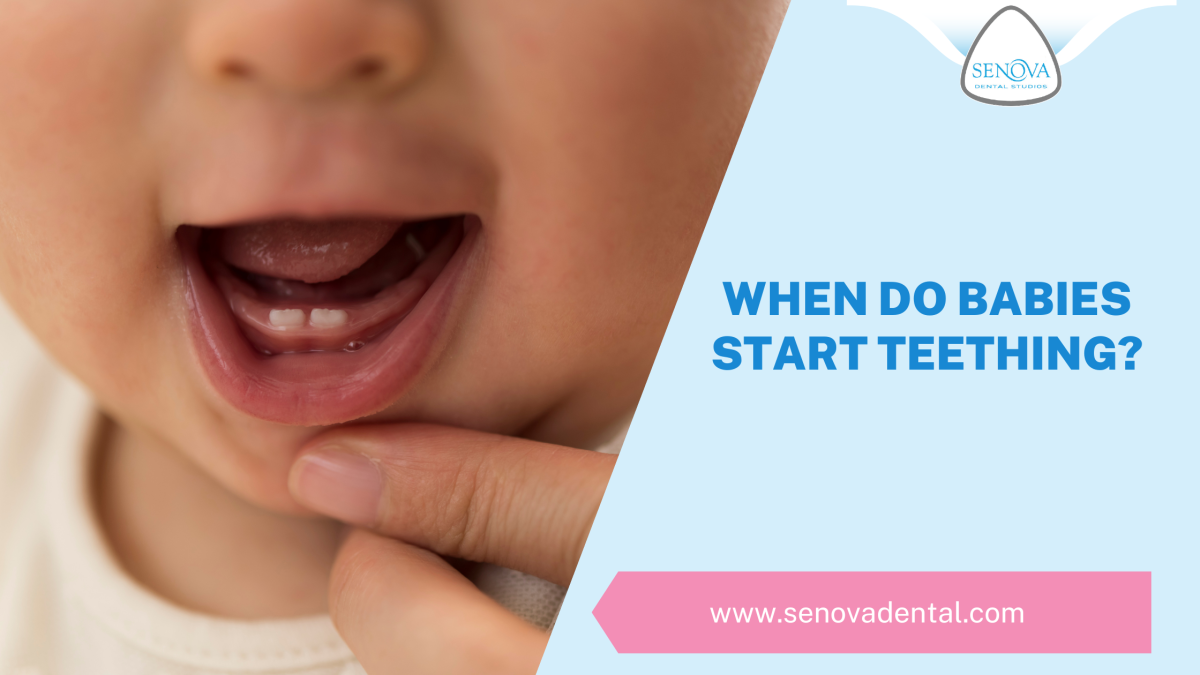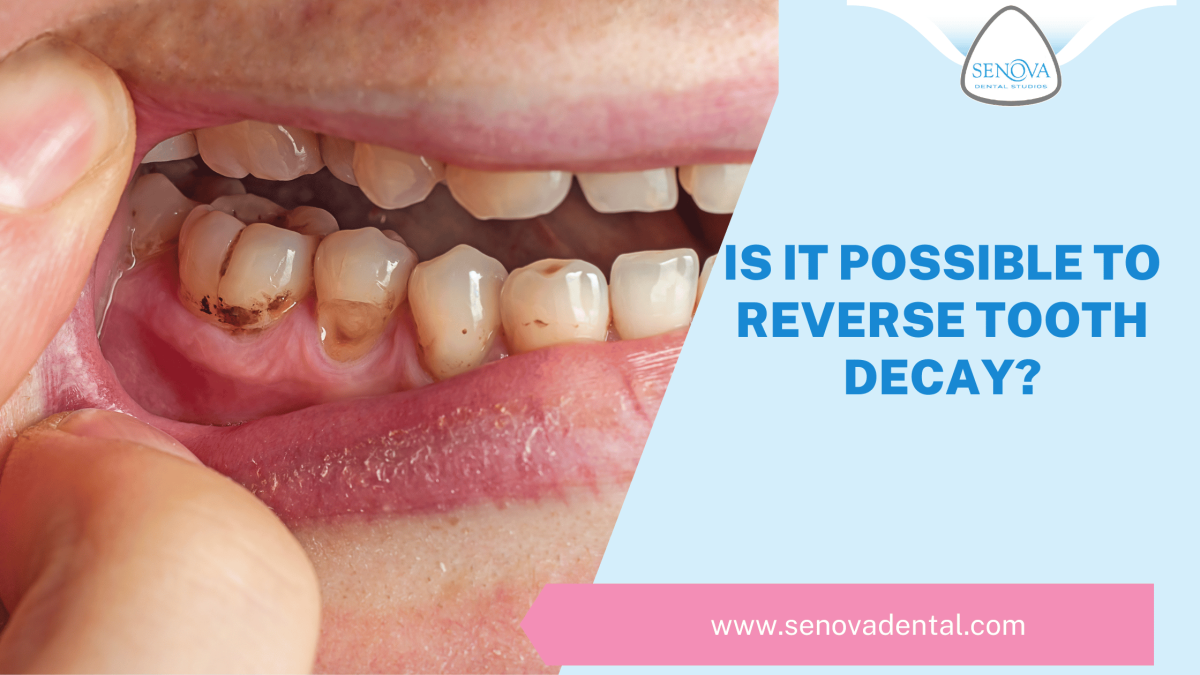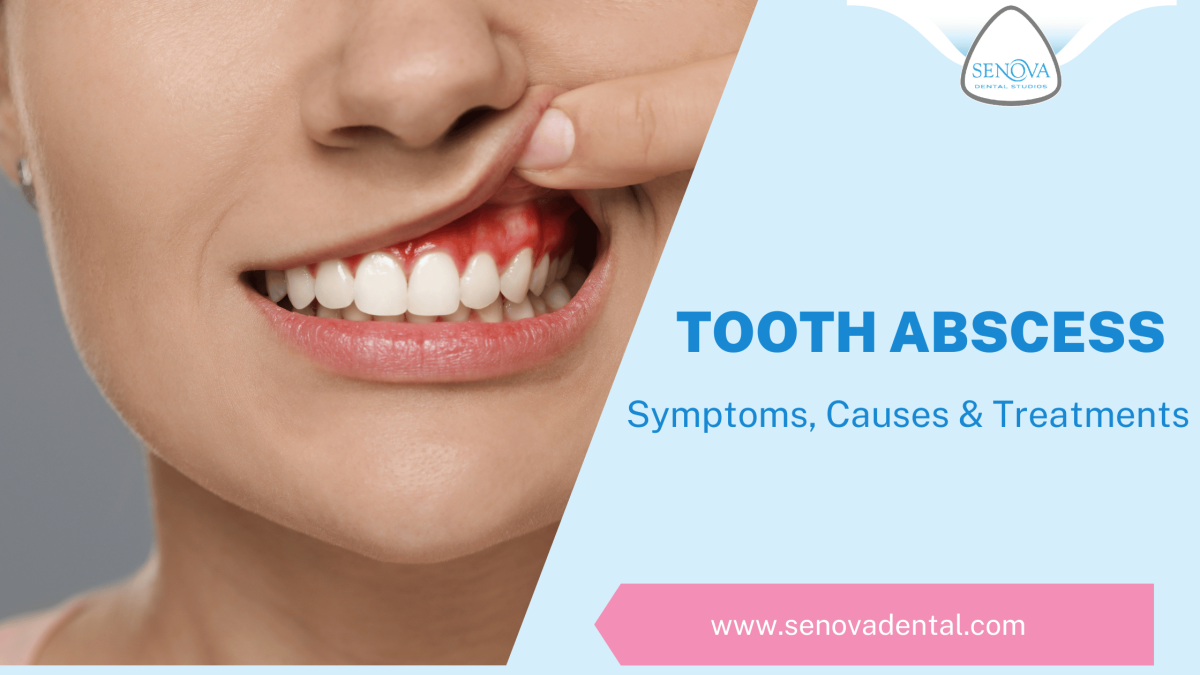
Many people have some level of dental anxiety, phobia or fear and would like to have sedation whilst having treatments. This is absolutely understandable and clearly, having dental sedation comes with a whole range of questions.
In this article we talk about some of the most common questions and answers with dental sedation.
What type of anesthesia is used for dental work?
There are a few different types of sedation and they typically fall into one of 3 categories:
- Intravenous (IV). This is where drugs are given to you directly into your bloodstream, often called Twilight sedation as you will have no recollection of the treatment yet you will just about be awake.
- Inhalation/Gas and air. Often called happy gas or happy air, the nitrous oxide mix is provided via a small nasal mask so that you breathe in the sedation drugs.
- Tablet. Usually given in advance so that the patient can take tablets a few hours before the treatment, the tablets typically have a calming effect.
How safe is dental sedation
Modern dental sedation is incredibly safe. Sedation will always be provided by specially trained dental professionals.
One of the big advantages of gas and air sedation is that the effects of nitrous oxide wear off incredibly quickly, so if you find you have a negative reaction you simply stop breathing gas and the effects wear off fast.
Dental sedation comes with slightly higher risks to people who are obese or have obstructive sleep apnoea, this is because the airway is more likely to become blocked.
There have been some studies which show that nitrous oxide inhalation sedation tends to deplete the body’s store of vitamin B12. For people with vitamin B12 deficiencies this could be potentially dangerous.
Can I eat before dental sedation
You should follow the guidelines given to you by your dentist prior to having sedation however the recommendations are.
- Intravenous sedation (IV sedation). Because this is not a full general anaesthetic like you would have in hospital it is not necessary to fast prior to having your intravenous sedation, we recommend that you have a light meal for your appointment.
- Inhalation sedation. You can eat and drink as normal before having inhalation sedation.
- Tablet/oral sedation. You can eat and drink as normal before having tablet/oral sedation.
You should however avoid alcohol prior to any form of sedation. Alcohol can react badly to some of the drugs used and will also impair your ability to follow instructions.
Who is a candidate for sedation dentistry?
Anyone that is anxious or nervous of the dentist can be a candidate for some form of dental sedation. If you are apprehensive about your appointment and/or treatment then simply speak to your dentist.
You are unlikely to be refused sedation however patients who are obese or have obstructive sleep apnoea may be advised that sedation is not for them due to the increased risks of the airway becoming obstructed.
Should I be scared of the dentist?
It is absolutely understandable that people are apprehensive of visiting the dentist, we appreciate that you may be concerned about any discomfort and understand that many people feel out of control.
The first stage to overcoming any form of anxiety is to let your dentist know, be very clear and specific about what your concerns are, is it:
- Anxiety about the pain?
- Fear of a particular treatment?
- Anxiety over the dentist doing something that you haven’t agreed to?
- Feeling out of control?
- Worried about how much or this is going to cost?
- Fear of being in an enclosed space?
If your dentist knows what you are scared about then they can take action to help, they will be able to:
- Give topical anaesthetics via a little gel placed on some cotton wool prior to having needle injections, this numbs the gum so that you can’t feel the needle at all.
- Explain all treatments fully before starting so that you know exactly what is going to happen.
- Provide a full treatment plan which highlights what treatment will be done at any given appointment.
- Agree a simple stop signal, this is usually raising a hand, the dentist can then stop treatment, give you a rest for a moment and allow you to set up if appropriate.
- Provide all costs of treatment in advance, including any necessary payment plans to ensure you are completely happy and relaxed.
Even if all of the above is taking care of there are times where you may still feel anxious, nervous or scared, if this is you then dental sedation may be the perfect answer, in conjunction with everything already mentioned.
Should I ask my dentist for sedation?
Absolutely yes, if you feel this will help then ask your dentist for sedation. Not every dental practice of visitors standard so you may need a referral to another practice or your regular dentist may be able to bring in another suitably trained dental professional to help.
Is there any alternative to anesthesia in dentistry?
Another great question that we get asked lots. Many dental practices are able to help you relax in a variety of ways, some I just naturally relaxing environments and some dentists use alternative techniques such as hypnosis.
Are relaxed calming environment which helps you to slow down your heart rate and gently understand what will happen throughout any treatment, we feel, is an incredibly important way of helping you relax at the dentist and have alternatives to anaesthesia.
However, we would almost always use some form of local anaesthesia to ensure that any treatment site is totally numb prior to undertaking any treatment.
Can I get my wisdom teeth removed without anesthesia?
We would always recommend having a local anaesthesia to numb the area where the teeth will be extracted, however you may also opt to not have any form of sedation such as relative analgesia (inhalation sedation) or intravenous sedation.
Wisdom teeth often have a smaller root system than other back teeth and so are usually relatively simple to extract
How much does it cost for sedation dentistry?
The cost of sedation will vary depending upon the service provider and the length of treatment. Typically sedation is provided on a per hour basis. Many treatments can be performed in less than an hour although some may be considerably longer, for example full mouth dental implants. Sedation is usually provided at around £300 per hour
- What Kind Of Dentist Does Implants? - December 1, 2024
- When Do Babies Start Teething? - October 26, 2024
- Is It Possible To Reverse Tooth Decay? - September 29, 2024
